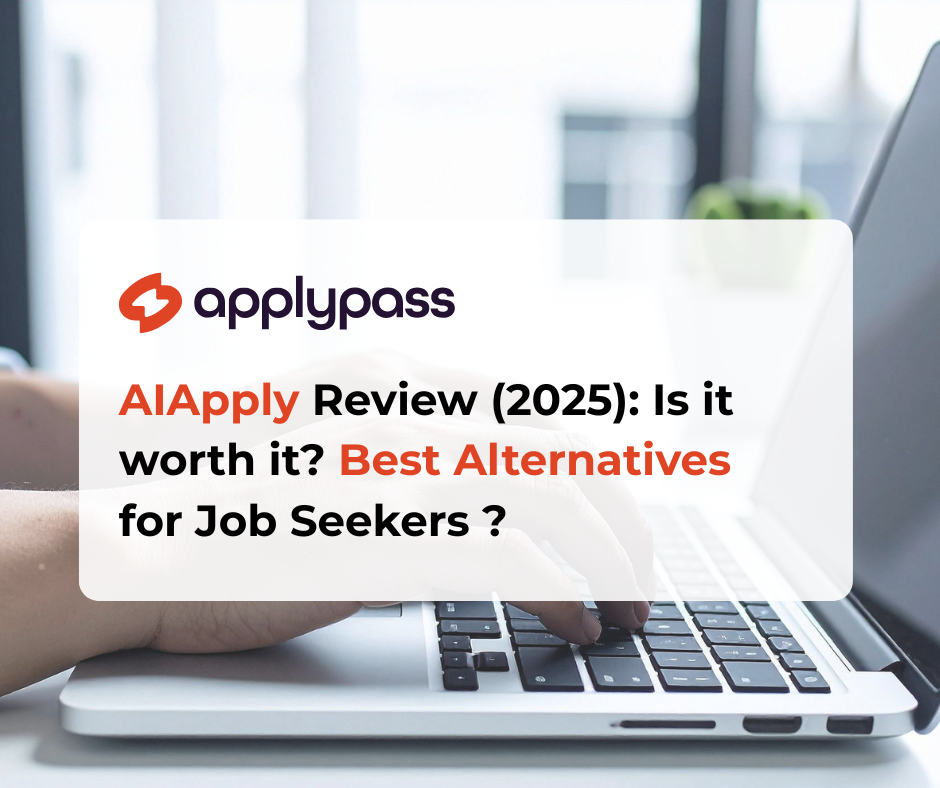Job hunting for developers can feel like a roller-coaster of effort and emotions. In an industry where opportunities and tech shift faster than the loops of a ride, the process of finding a new role comes with its share of trials and tribulations.
From the mind-numbingly tedious process of filling out applications to the many hours of grueling technical interviews there seems to be a steep mountain to climb at every step.
Developers are on the cutting edge of innovation, and they crave efficiency, clarity, and fairness — things that are often lacking in the job market, especially for larger companies. We'll explore the challenges developers face during their job hunt and provide you actionable insights for both job seekers and employers to solve these issues.
1. Lengthy Application Processes
It’s not just you; those multi-step, multi-form job applications are a chore for any developer. These forms are monotonous in every application, demanding repetitive entry of basic details hundreds of times instead of prompting insightful responses.
Software engineers can waste over 6 hours a week applying for jobs which is a significant time investment for many job seekers in a field where time is money. Cumbersome processes are enough to discourage even the most skilled and qualified candidates from applying.
How can developers streamline this process?
One way to save time and speed up applications is to leverage the use of powerful AI systems. Artificial intelligence has developed into a powerful tool that, instead of stealing jobs, will empower more people by automating their job search and application process. Tools like ApplyPass will even optimize your job profile to increase the amount of interviews you receive.
ApplyPass provides users with personalized cover letters tailored to the position to ensure that every application incorporates the skills and requirement mentioned in the job description
Automate your Job Search for Free!
How can hiring managers make this better?
Simplify the application process by asking for only the essential information upfront, and break down the tasks into manageable chunks. Additionally, explore applicant tracking software and systems to automate certain stages, reducing manual data entry for the applicant.
2. Lack of Feedback
After investing time filling out an application, one of the harshest realities is silence. Developers may struggle to receive any feedback on their application, leaving them unaware of what went right or wrong. This lack of feedback can be frustrating and discouraging for individuals who are genuinely interested in the company, as they are unable to improve their application process. This also demonstrates that your company lacks respect and may give your company a negative look, deterring future applicants.
Job seekers craving feedback can take the initiative:
Reach out to the hiring manager or HR department for feedback on your application. Be polite, and keep the request professional. Constructive criticism, even in the absence of a real job to offer, can provide valuable insights for future applications.
How can hiring managers provide better feedback?
Implement a system that, at the very least, gives an indication to candidates where they fell in the selection process. Automated emails can suffice if they are personalized and include a brief reason for why applicants are not moving forward.
3. Technical Interviews
Technical interviews are notorious for causing anxiety and stress. Developers report feeling like they're under a microscope, judged not just for their skills but also for how well they can perform under pressure. Additionally, the pressure to get everything right can be overwhelming, leading to unintentional mistakes and feelings of inadequacy.
Developers prepare by focusing on these areas:
There are many resources to help you prepare for interviews. Both behavioral and technical interviews require meticulous preparation.
[Internal linking to soft skills and behaviorial articles first]
For general interview prep and career advice, join the ApplyPass Career Coaching Community. Free for all ApplyPass members, you can join our industry experts and career coaches to help you reach your potential.
How can hiring managers make them less daunting?
Provide clear expectations before the interview. What technologies will be covered? What’s the format? If possible, share with candidates the principles or problems they will be asked to explain or solve. The less mystery surrounding the interview, the less stress for everyone.
4. Job Description Discrepancies
Misleading or vague job descriptions and positions can lead to confusion and misaligned expectations on both sides. This can result in a poor candidate experience and potentially damage the company's reputation. On top of that, it can lead to high, costly turnover rates as employees quickly realize they were not hired for the job they thought they were.
What can job seekers do to navigate this issue?
Interview the company as much as they are interviewing you. Ask detailed questions not just about your role, but about the team, the product, the big picture and the wider organization. Our favorite question to ask interviewers is: What is you favorite thing about working at [company]?
You can also use sites like Glassdoor to gather unfiltered career advice and insights from current and past employees. These anonymous reviews give you a first-hand glimpse into what the company culture looks like from people who've actually worked at the company.
What should hiring managers consider for improved job descriptions?
Describe the day-to-day responsibilities of the role as accurately as possible. Hiring Managers and recruiters should specify the immediate challenges the new hire would be tackling. Include details about the team's expertise, the tools they use, and the methodologies they follow.
5. Inactive Job Postings
It's not uncommon for software engineers to sign up to apply to what they believe is an active opportunity, only to receive a response months later that the role has been filled. This can be a frustrating experience for both the candidate and the employer. Not to mention, it's also a waste of time and resources.
How can job seekers avoid this?
Pay attention to the date of the job posting and prioritize applying to recently posted opportunities. If a job has been open for an extended period, it may be best to move on and focus on other opportunities.
What can employers do on their end?
Ensure that job postings are updated and removed once the position is no longer available to fill. This can improve the candidate experience by managing expectations and streamlining the hiring process.
6. Understanding the Emotional Impact
Job hunting takes a toll on an individual's emotional state, and developers are not immune to this. The stakes are high, and every rejection or unresponsiveness can feel personal.
How can developers protect their mental health during the job search?
We recommend that you detach your feelings from any specific outcome. It may feel demoralizing when you spent hours preparing for an interview that never gets scheduled, or you had high hopes in working for the company of "your dreams," but if you're still getting a competitive salary and benefits, does it really matter?!
That's why you should automate your job search, prepare for any interview that comes your way, then focus on negotiating your true goals.
Automate Your Job Search for Free
How can employers be more empathetic to the emotional aspects of job hunting?
Even within the constraints of a formal hiring process, there are opportunities to be human. Rejections could be personalized with positive, encouraging feedback, and follow-ups with candidates who are yet to hear back can offer some closure and a better experience overall.
Conclusion
In conclusion, the job market is chaotic right now while the job hunting process can be humbling and frustrating, even for the most experienced developers. By addressing these common pain points, both job seekers, employers and hiring companies can contribute to a job hunt process that is more efficient, transparent, and ultimately more successful. After all, developers are often the lifeblood of many organizations. By respecting their time and expertise, everyone stands to benefit.




